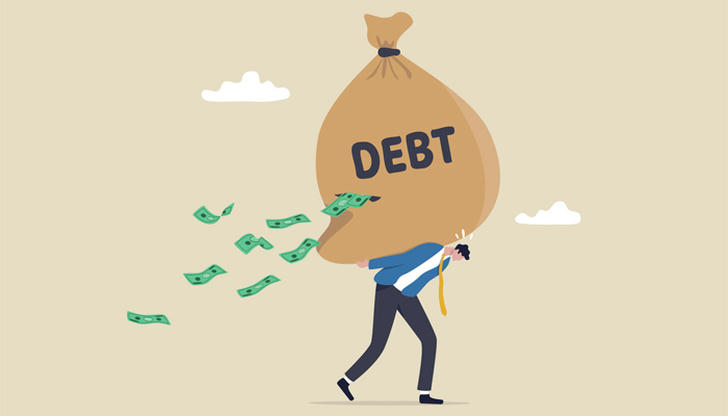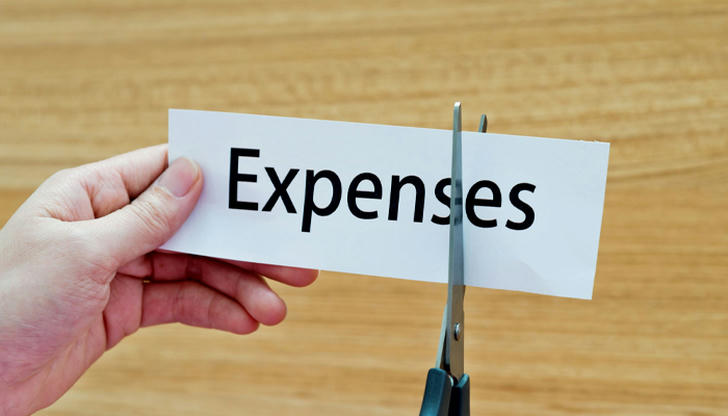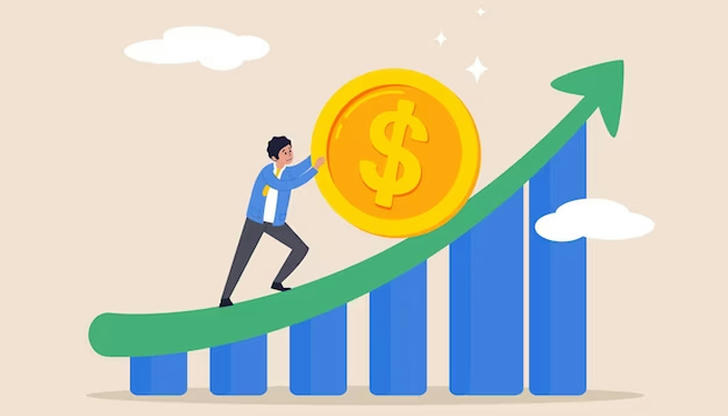Effective Strategies to Conquer Debt
Debt is a common hurdle many people face on their financial journey. It can feel overwhelming and create significant stress. But the good news is, you’re not alone! With the right approach, you can develop a plan to manage your debt effectively and achieve financial freedom. Here’s a comprehensive guide to equip you with the knowledge and strategies to tackle debt head-on.

Understand Your Debt Situation
Launching a successful attack on your debt starts with a comprehensive understanding of the enemy. This crucial first step involves gathering all your debt statements, credit card bills, and loan documents. Once armed with this information, you’ll need to meticulously list each debt source, including the outstanding balance. Don’t forget to factor in the interest rate associated with each debt, as this significantly impacts the overall cost. Finally, calculate the minimum monthly payment required for each debt to grasp the ongoing financial commitment you face. By creating a clear picture of your total debt, interest rates, and repayment obligations, you’ll be well-positioned to craft an effective debt-slaying strategy.

Make a Repayment Plan
Craft a personalized repayment plan that aligns with your financial situation. Analyze your income and expenses to determine how much you can realistically dedicate towards debt each month. Consider two primary strategies:
• The avalanche method: prioritizes tackling the debt with the highest interest rate first, saving you money in the long run.
• The snowball method: focuses on paying off the smallest debt first, regardless of interest rate. This can provide a sense of accomplishment and fuel your motivation to keep progressing.

Reduce Expenses
To free up more money and make a significant dent in your debt, tackling unnecessary expenses is crucial. Creating a budget is your road map to financial success. By diligently tracking your income and outlining every dollar you spend, you’ll gain valuable insight into your spending habits. This awareness empowers you to identify areas where you can cut back. Perhaps it’s those daily lattes or impulse online purchases. Sticking to your budget, even when faced with tempting splurges, is key. Every dollar saved gets you closer to achieving your debt-free goals.

Increase Income
If your financial situation allows, actively seek out ways to boost your income and accelerate your debt repayment journey. Consider exploring part-time employment that complements your main job’s schedule. You could also leverage your existing skills and interests to develop a side business. Whether it’s selling handcrafted goods online, offering freelance services like writing or editing, or renting out unused space in your home, a well-planned side hustle can provide a significant and consistent financial boost. Remember, every extra dollar earned goes directly towards tackling your debt and paving the way for a more secure financial future.

Ask for Help
Don’t feel like you have to navigate the complexities of debt repayment alone. Professional help can be a valuable resource. Consider talking to a credit counselor, or a financial expert trained to assess your situation and develop a personalized debt management plan. They can help you negotiate with creditors, create a realistic budget, and explore options like consolidation. Financial advisors, on the other hand, can provide broader financial guidance, taking into account your debt alongside your long-term financial goals. They can help you invest your extra income strategically to accelerate debt repayment while building a secure financial future.

Here are some specific tips for dealing with debt:
• Negotiate with Creditors
Instead of simply missing payments and risking late fees or penalties, consider a proactive approach. Reach out to your creditors and explain your situation. You might be able to negotiate a repayment plan that extends the timeframe, making the monthly payments more manageable. Additionally, some creditors may be willing to lower your interest rate, reducing the overall debt burden you face.
• Debt Reorganization
If you’re juggling multiple debts with varying interest rates, debt consolidation could be a strategic move. By combining these debts into a single loan, you simplify your repayment process by having just one monthly payment to manage. Additionally, consolidation can potentially lower your overall interest costs. Remember, this approach hinges on securing a favorable interest rate, so careful evaluation is crucial before consolidating.
• Debt Relief
Debt relief programs can offer a significant reduction in your overall debt, but they come with strict eligibility requirements and shouldn’t be taken lightly. To qualify, you may need to demonstrate financial hardship and a sustained inability to make minimum payments. Additionally, these programs can negatively impact your credit score for several years, making it difficult to access new loans or lines of credit. Before considering debt relief, it’s crucial to explore all other options and understand the long-term consequences.

While debt can feel like a heavy weight dragging you down, it doesn’t have to control your financial future. By taking proactive steps and exploring ways to increase your income, you can develop a personalized plan to chip away at your debt and ultimately achieve financial freedom. It won’t be easy, but with dedication and consistent effort, you can break free from the burden of debt.
